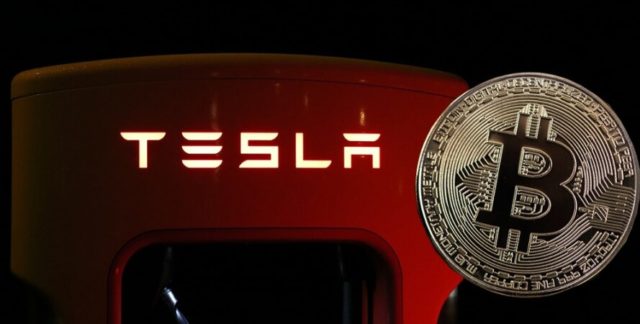In a letter to the market released on Thursday (5), Inter highlighted that measures announced by the new government indicate greater state intervention in the economy, including the potential change in the management of state-owned companies and public banks.
“Since taking office, the government has been announcing measures in the economic area that have brought a more negative feeling in the market, mainly related to state-owned companies and public banks”, pointed out the bank.
Assistants of President Luiz Inácio Lula da Silva (PT) are discussing a provisional measure to change the law of state-owned companies, as found by the CNN at the beginning of the week. In addition, the Chief Executive determined on the second day of government that measures be taken to revoke the acts that follow the privatization of state-owned companies.
“In interviews and speeches, the new members of the government highlight the intention of using these companies as a means of public policies to promote growth in the country”, added Inter.
The report highlights that the performance of public banks, including BNDES, Caixa and Banco do Brasil, peaked in 2015, when the total credit balance of these institutions reached 30% of GDP against 23% of private banks and only 6% of company securities held directly by investors.
“With the end of subsidized rates, mainly the TJLP, which became equivalent to the cost of treasury issues, the private banking market and the bond market experienced a strong expansion, occupying the space left and growing more rapidly, with greater competitiveness in the sector”.
In this line, the bank balance and private securities such as debentures, CRIs and CRAs in the hands of funds and investors is today at 67% of GDP, emphasizes the bank, well above the 57% of 10 years ago and without the need for additional cost issued by the treasury, due to the end of transfers for the subsidy.
It is worth mentioning that the TLP (Long-Term Interest Rate) has been in force at the BNDES since 2018. The rate is seen as successful by the market for correcting a series of distortions created by its predecessor, the TJLP, since it eliminated subsidies granted by the Treasury to loans made by the bank.
In a press conference when he was still just quoted to take over the head of the development bank, Aloízio Mercadante criticized TLP, which raised concerns from economic agents about the possible return of subsidized credit.
Increase in issuances in the capital market
The growth of issuances in the capital market deserves to be highlighted, warns Inter, which says that, in 2015, BNDES concessions totaled a record R$169 billion in the year, equivalent to 3% of GDP, while in the capital market the fixed income issues were just R$97 billion, or 1.5% of GDP.
“With the end of subsidized credit and the modernization of regulations on private debt instruments, the domestic market grew rapidly. It is also worth mentioning the expansion of investor access via digital platforms also contributed to the expansion of the capital market in Brazil.
The result was an increase of almost 200% in the volume of emissions in the last 6 years and a participation that reached 4% of the GDP in 2022, says the bank.
“The annual financing of more than BRL 400 billion in long-term bonds for companies plays an important role in stimulating investment in the country, which returned to the level of 20% of GDP in 2022”.
(Posted by Fabricio Julião)
Source: CNN Brasil
A journalist with over 7 years of experience in the news industry, currently working at World Stock Market as an author for the Entertainment section and also contributing to the Economics or finance section on a part-time basis. Has a passion for Entertainment and fashion topics, and has put in a lot of research and effort to provide accurate information to readers.






